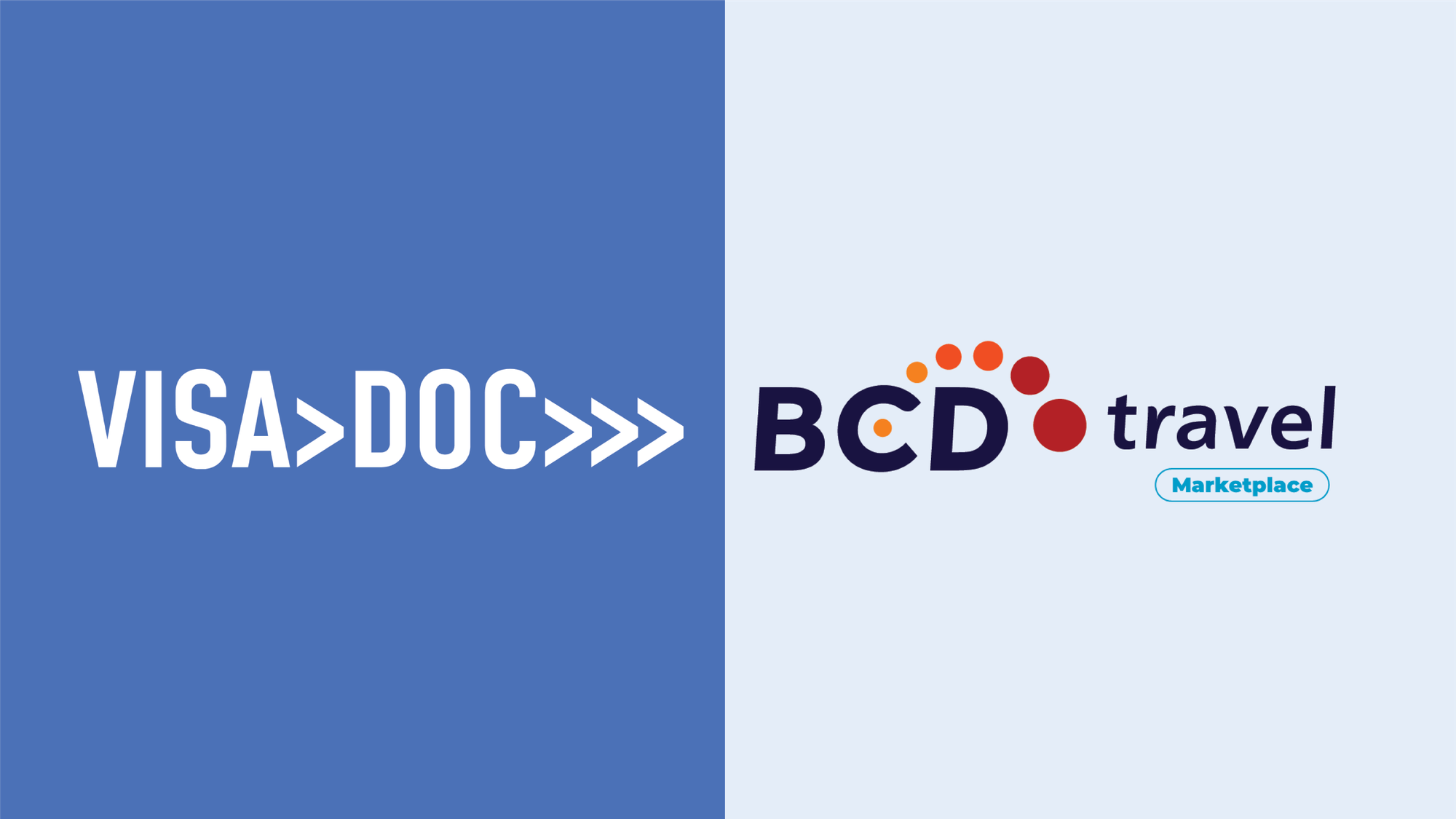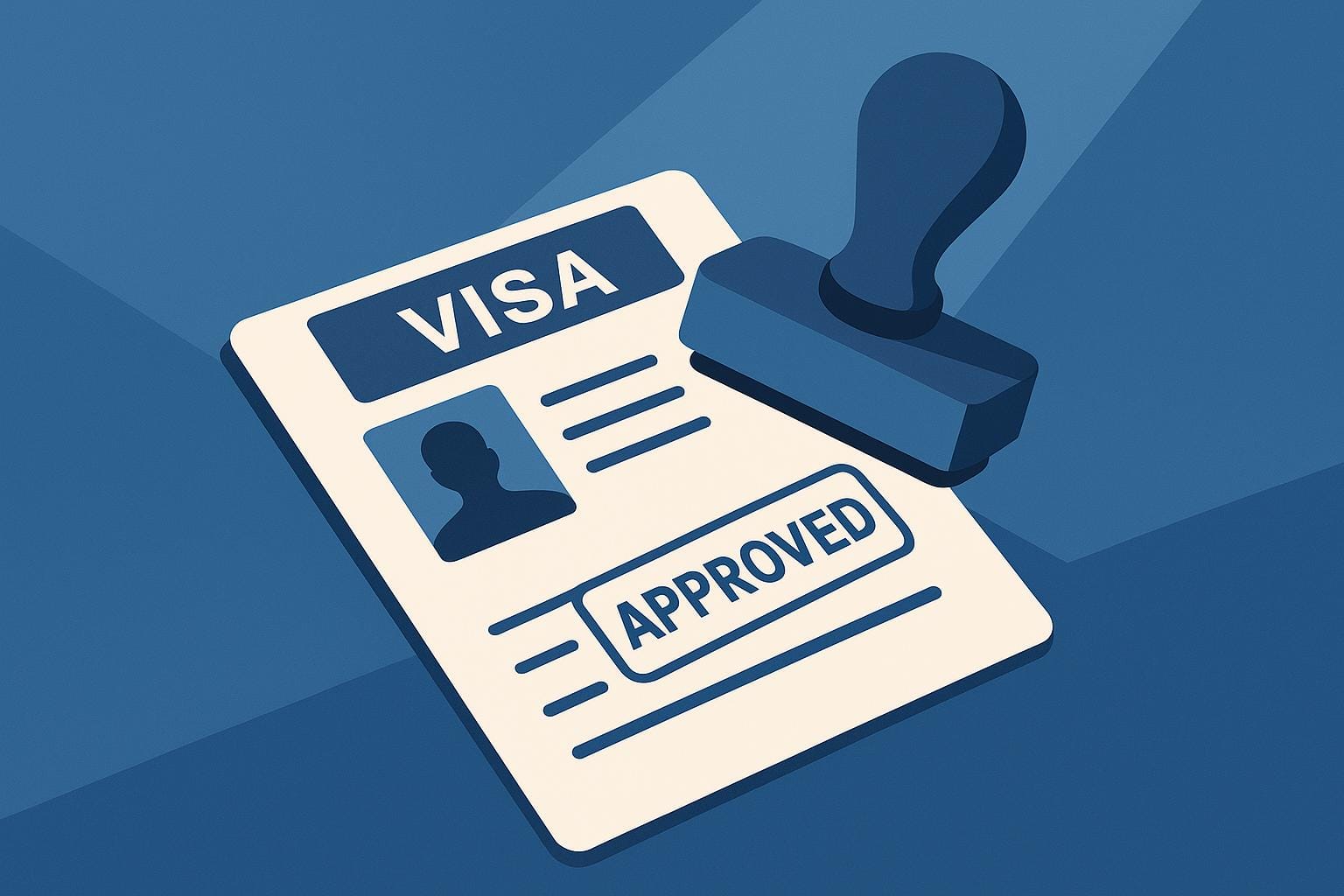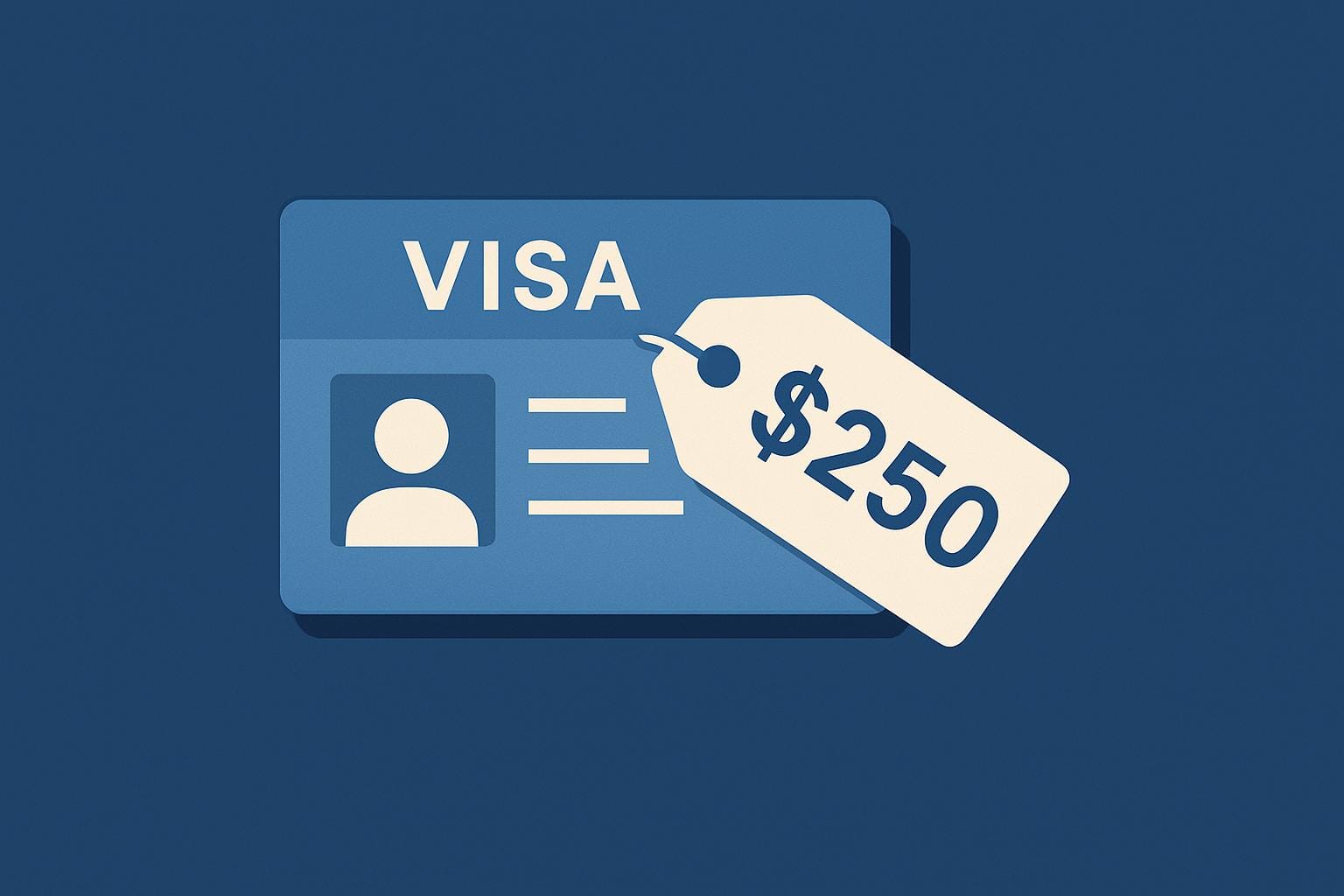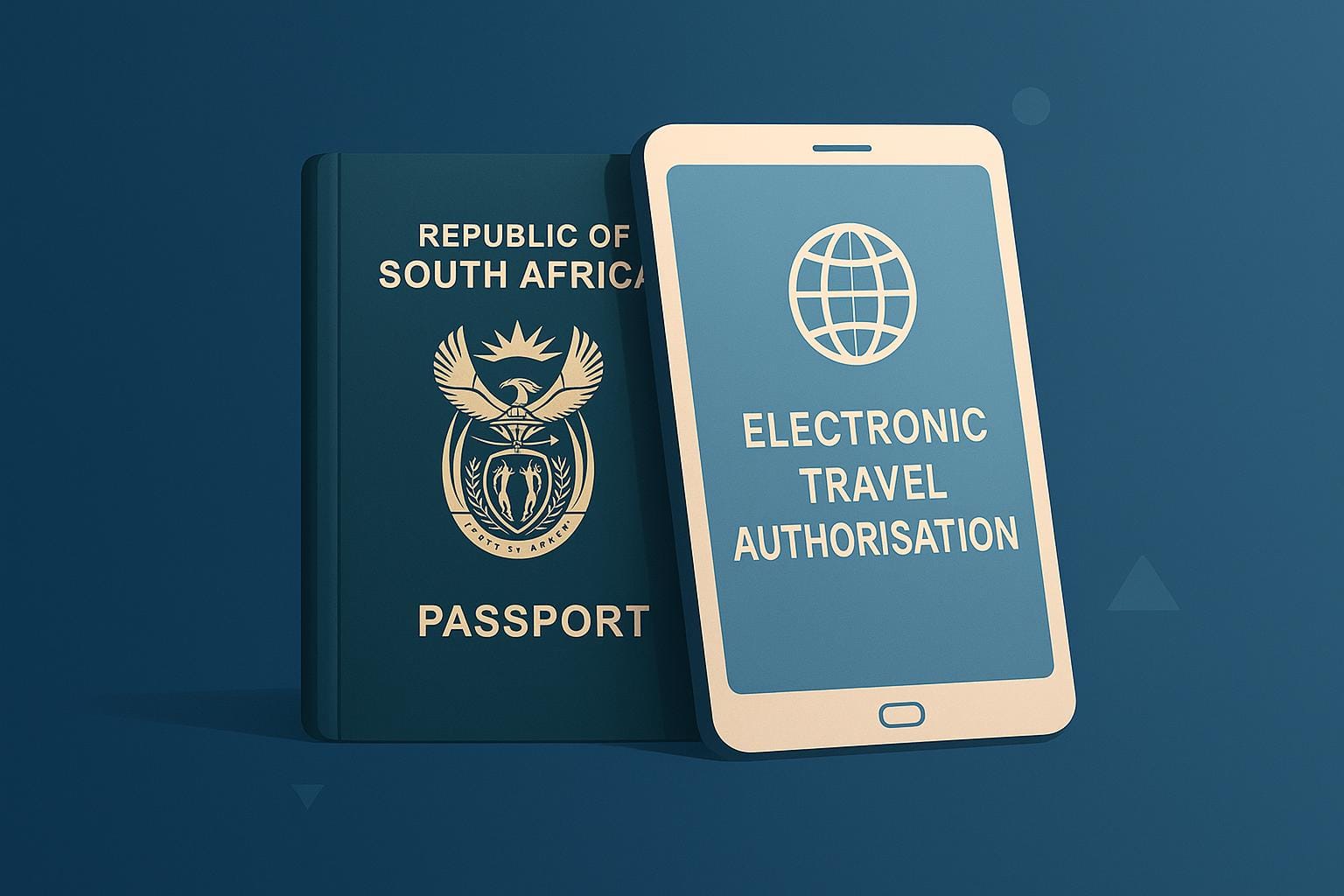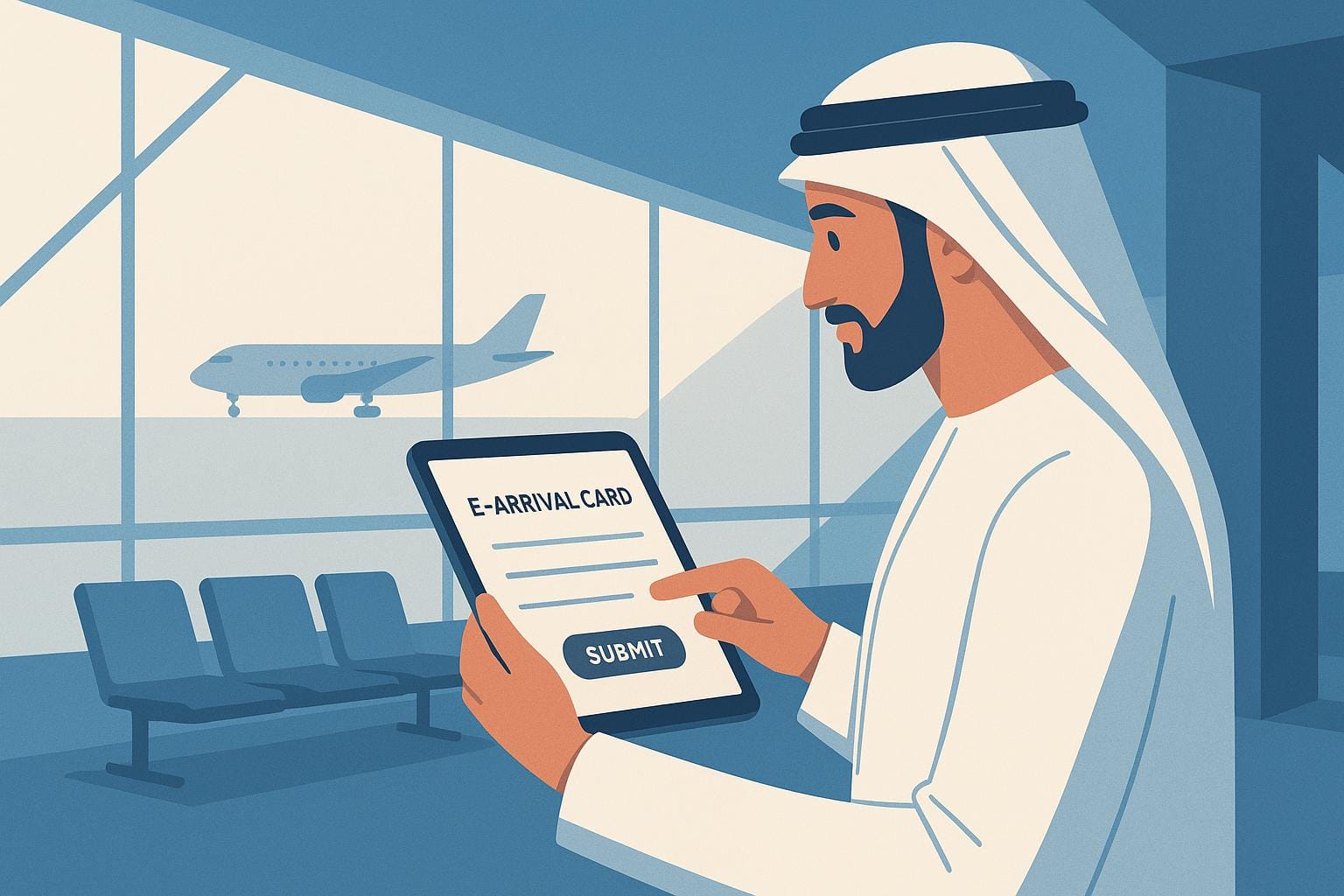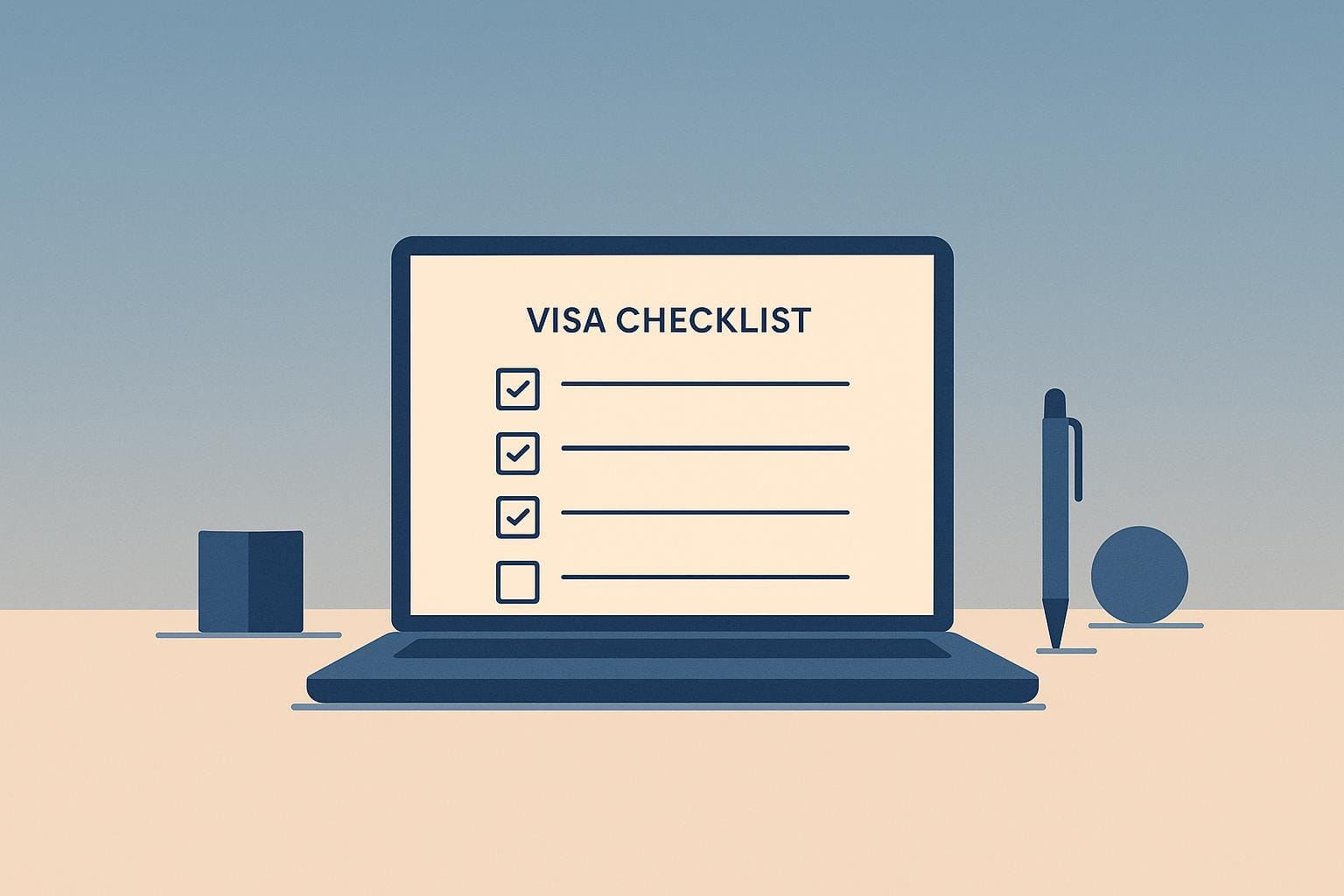Travelling to New Zealand for business? Ensuring compliance with the country’s business visitor requirements is critical to avoid delays or visa denials. Corporate teams need to focus on three key areas before departure: proving the purpose of the trip, demonstrating financial capability, and meeting health and character standards.
Key takeaways:
- A formal letter from the employer or New Zealand-based company is required to confirm the trip’s purpose.
- Financial proof must show at least NZ$1,000 per month for living expenses (or NZ$400 per month with prepaid accommodation).
- Health checks (like chest X-rays) and police certificates may be required depending on the length of stay and personal circumstances.
Automation can simplify the process. Tools like VisaDoc help HR teams manage visa applications by automating document verification, flagging errors, and tracking application progress. This reduces manual work and ensures compliance with New Zealand’s strict requirements.
The process in brief:
- Confirm employee eligibility for a business visitor visa (stays up to three months).
- Gather and validate key documents: passports, financial proof, employer letters, health checks, and police certificates (if needed).
- Submit applications via the Immigration New Zealand portal and monitor progress.
Preparation and attention to detail are essential. Automating tasks and using pre-departure checklists can make the process smoother, saving time and avoiding last-minute issues.
Pre-Departure Requirements for New Zealand Business Travel
Before heading to New Zealand for business purposes, corporate teams need to address several important requirements to comply with the country's visa regulations. These fall into three main categories: proving the purpose of the visit, demonstrating financial capability, and meeting health and character standards. Every step requires careful attention to documentation to avoid delays or visa denials.
Business Purpose Documentation
Establishing the purpose of the trip is the cornerstone of a successful business visa application. New Zealand's immigration authorities require a formal letter from either the applicant's employer or the New Zealand-based company they plan to visit. This letter must confirm the applicant's employment status and clearly outline the specific business reasons for the trip.
The letter should detail the activities to be undertaken, such as consultations, trade missions, or contract negotiations. These activities must align with the criteria for business visitors to avoid complications that might necessitate a work visa instead. Accuracy and up-to-date information are critical, as immigration officials thoroughly review all submitted documents. Any inconsistencies can lead to delays or even a refusal of the application.
Once the business purpose is documented, applicants must demonstrate their financial readiness for the trip.
Financial Requirements
After establishing the reason for the visit, applicants need to prove they have sufficient funds to cover their stay. New Zealand has clear financial requirements for business visitors, and these must be strictly adhered to. Visitors must show they can cover living expenses, with the standard benchmark being NZ$1,000 per month. If accommodation is prepaid, this amount drops to NZ$400 per month.
Acceptable proof includes bank or credit card statements, bank drafts, or traveller's cheques. For corporate travellers, sponsorship by the employer can simplify the process. Companies can provide a letter confirming financial support or complete a "Sponsorship Form for Temporary Entry" with supporting documents.
Sponsors must also demonstrate their financial ability to provide support. This can be done through recent bank statements, pay slips, or employment contracts. Additionally, evidence must show that the applicant has funds to purchase a return ticket at the end of their visit. HR teams should prepare and review all financial documentation in advance to avoid last-minute issues.
Beyond financial proof, applicants must also meet health and character requirements.
Health and Character Checks
Health and character checks round out New Zealand's business visa requirements. These checks depend on the length of stay and the applicant’s personal circumstances.
For health requirements, applicants may need chest X-rays, medical examinations, or both. Generally, stays under six months do not require a chest X-ray, and stays under 12 months do not require a medical certificate. However, exceptions exist. For instance, applicants from China, Hong Kong, or Macao who have spent six consecutive months in China since their last X-ray and plan to stay in New Zealand for more than six months must provide a chest X-ray completed within the past three months.
Character requirements typically involve police certificates. If the total time in New Zealand will be 24 months or longer, applicants aged 17 or older must provide these certificates. The certificates must be less than six months old and obtained from the applicant's country of citizenship and any country where they have lived for five or more years since turning 17.
HR teams should check employee eligibility for these requirements early, as processing times for medical exams and police certificates can vary. All non-English documents must be translated by certified translators. Using checklists can help ensure all necessary documentation is gathered and verified before submitting the application.
Failure to meet character requirements, such as having a criminal record or posing a security risk, will result in a visa denial. Likewise, providing false or misleading information can lead to rejection. Careful preparation and full transparency are essential for a smooth application process.
Verification Process Guide for HR Teams
When handling New Zealand business visa applications, HR teams need a clear and organised process. This involves three main steps: checking employee eligibility, gathering and verifying documents, and submitting applications while monitoring their progress. This structured approach can later pave the way for adopting automated visa management tools.
Employee Eligibility Check
The first step is determining whether an employee qualifies for a New Zealand Business Visitor Visa instead of a work visa. Business visitor visas allow stays of up to three months within a 12-month period and are designed for specific business activities like attending meetings, conferences, negotiations, or exploring business opportunities. HR teams must confirm that the employee’s purpose aligns with these permitted activities. If the employee plans to perform work-related tasks or stay longer than three months, a work visa will be required.
"You must have genuine reasons for coming to New Zealand." – Immigration New Zealand
It’s also crucial to calculate the total time an employee will spend in New Zealand within any 12-month period, including previous visits. If the total exceeds three months, alternative visa options must be explored. Factors like citizenship, travel history, and criminal records can influence visa processing. Identifying potential issues early helps avoid delays and enables proper planning. Automated tools can assist by flagging potential ineligibilities quickly.
Document Collection and Validation
Once eligibility is confirmed, the next step is collecting and validating all necessary documents. This complements earlier pre-departure checks. While the exact documents needed may vary, certain key items are commonly required. A systematic approach ensures no detail is missed. Typical documents include:
| Document Category | Specific Documents Required | Validation Method |
|---|---|---|
| Identity & Travel | Passport, visa photo | Check passport validity |
| Business Purpose | Letter from employer or New Zealand company | Confirm employment status and business purpose |
| Financial | Bank statements, credit card statements, Sponsorship Form (if applicable) | Verify funds (NZ$1,000/month or NZ$400 with pre-paid accommodation) and sponsor’s capacity |
| Character & Health | Police certificates (if required), medical examination/chest X-ray (if required) | Validate authenticity and ensure documents are up-to-date |
| Intent to Leave | Outbound travel ticket or proof of funds to purchase one | Confirm travel dates and sufficient departure funds |
All personal details must match exactly across documents, particularly between the passport and supporting paperwork, to avoid delays. Non-English documents should be accompanied by certified translations. Police certificates, if required, must typically be issued within six months of submission. Obtaining these can take time, especially for employees who have lived in multiple countries since turning 17.
Application Submission and Tracking
The final step is submitting the completed application and keeping track of its progress through Immigration New Zealand's online portal. Following submission guidelines and actively monitoring the application can prevent last-minute issues that might disrupt travel plans. Double-check all forms, photos, and supporting documents to ensure they meet New Zealand’s requirements, as errors or missing details often cause delays.
Using the Immigration New Zealand online portal allows real-time tracking of the application. HR teams should consider a centralised tracking system to monitor the status, processing times, and any additional information requests. This ensures timely responses to queries. Processing times can vary depending on the complexity of the application, so it’s wise to apply well in advance of the planned travel date.
Store employee documents securely on platforms that comply with privacy regulations. Once a visa is approved, the Visa Verification Service enables HR teams to check visa details online, provided they have the visa holder's consent. Keeping detailed records - such as submission dates, reference numbers, and outcomes - can simplify future applications and is especially useful for repeat business travellers. A robust tracking system not only helps maintain compliance but also sets the stage for integrating digital automation tools for visa management.
Automation for Business Visa Management
Managing visas manually, often through spreadsheets, can be a tedious and error-prone task for HR teams. Automation, on the other hand, simplifies these processes, reducing repetitive work and minimising mistakes. As noted by SourceForge.net, "Visa management software simplifies visa-related tasks, reduces human error, and helps ensure compliance with immigration regulations".
Automation isn't just about convenience - it can increase productivity by as much as 50%. This is particularly impactful when dealing with multiple New Zealand business visa applications at once. The rise of automated solutions has led to the development of specialised platforms designed to tackle these challenges head-on.
VisaDoc Platform Overview

VisaDoc is a centralised platform tailored to manage New Zealand business visa requirements and ensure compliance. Its standout feature is intelligent automation, which addresses common HR challenges by offering a single system to track, validate, and submit visa applications.
According to its overview, "VisaDoc's powerful software platform streamlines business visa processing through intelligent automation. The core system automatically validates visa requirements and documents using AI, while seamlessly integrating with HR and travel booking systems".
One of VisaDoc’s key benefits is its ability to provide comprehensive visa guides and centralised information. This eliminates the need for HR teams to scour multiple government websites for updates. By keeping visa requirements current and automatically generating supporting documents, the platform ensures compliance with New Zealand’s immigration regulations. It offers both a free self-service option and enhanced support plans for organisations that require full compliance management, aligning perfectly with the goal of enabling smooth, compliant business visits to New Zealand.
AI Document Verification
VisaDoc leverages AI to handle document verification, automating tasks like document classification, fraud detection, and real-time validation with an impressive 99% accuracy rate. It ensures submitted documents are genuine, complete, and meet New Zealand’s specific visa requirements. The system cross-references data with existing databases to identify inconsistencies and conducts risk assessments to flag potential fraud before submission.
The platform also employs blockchain technology for secure, unalterable record-keeping and uses smart contracts to enforce validation rules. The importance of such robust systems is underscored by recent fraud statistics: in 2023, New Zealand reported NZ$194 million in scam and card fraud losses, with unauthorised card fraud increasing by 32% in just a year.
HR System Integration
VisaDoc goes beyond document verification by seamlessly integrating with existing HR and travel systems, eliminating the need for duplicate data entry and ensuring a smooth workflow. Its user-friendly dashboard provides real-time insights, including application statuses, predictive timelines, and automated notifications, allowing HR teams to efficiently manage multiple applications without constant manual oversight.
Automated alerts keep all stakeholders updated throughout the visa process, ensuring timely travel authorisations for business trips. Integration with travel booking systems means any changes in visa status are automatically reflected, enabling travel coordinators to adjust plans as needed. Additionally, VisaDoc’s API capabilities allow organisations to customise integrations with proprietary HR systems or specialised travel platforms, ensuring they can retain their current workflows while benefiting from automated visa processing.
Tools and Templates for Corporate Teams
Building on the automation features discussed earlier, incorporating practical tools and templates can make pre-departure visa management smoother and more efficient. Managing visas for business travel to New Zealand requires precise documentation and meticulous tracking to meet compliance standards. For HR teams, having tools that simplify the process while ensuring accuracy is crucial, especially when dealing with larger teams. Relying on manual tracking methods can lead to missed deadlines and compliance issues, which are significant risks for corporate travel.
Pre-Departure Checklist Template
A well-structured pre-departure checklist is a must for preparing business trips effectively. This template should cover every critical step, from gathering initial documentation to securing final travel approvals. Key items to include are:
- Ensuring passports have at least three months of validity beyond the planned departure date.
- Collecting proof of the business purpose for the trip.
- Confirming financial requirements for the stay.
- Meeting New Zealand-specific requirements like return ticket confirmations and accommodation details.
To stay organised, work backwards from the travel date. For example, allocate 10–14 days for health certificates and additional time for character checks. Assign specific tasks to employees, HR teams, or external service providers to keep everyone accountable.
When integrated with automated systems, these checklists can adapt dynamically to regulatory changes. Platforms like VisaDoc offer pre-designed checklist templates tailored for New Zealand business travel, making the process even more efficient.
Document Tracking Templates
Keeping track of documents is essential to avoid delays and ensure compliance throughout the visa application process. A good tracking template should monitor key elements like document collection, verification status, expiry dates, and submission deadlines.
For instance, the Interact HRMS Passport and Visa Tracking module provides a detailed system for managing employee passports, visas, and related documents. It allows you to track various types of visas and passports, monitor the location of each document, store digital copies for quick access, and receive automated alerts for upcoming expirations. Additionally, it generates detailed reports and includes advanced access controls to protect sensitive information.
For organisations looking for centralised solutions, Smartsheet offers a document control system template that simplifies the storage, management, and distribution of documents [13]. Similarly, Notion provides a Visa Application Organiser Template that can be customised to meet the specific needs of New Zealand business travel.
Regularly reviewing these systems and setting early reminders for document renewals ensures that compliance is maintained without interruptions. By using these tools, corporate teams can manage documents seamlessly and stay ahead of deadlines.
Conclusion
Handling business visitor verification for New Zealand demands a well-organised approach to ensure all immigration rules are satisfied, avoiding costly delays or refusals. Companies that skip pre-departure verification run serious risks, such as passengers being denied boarding, entry being refused at the border, or facing legal consequences for breaching immigration regulations.
Automation has reshaped this process by digitising tasks like document collection, validation, and application tracking. This allows HR teams to manage numerous applications simultaneously while maintaining complete compliance oversight. With AI-driven document verification, essential paperwork - such as business invitation letters, financial statements, and health declarations - is checked for accuracy and completeness before submission. These improvements bring tangible advantages to businesses.
For UK companies, automated verification has proven to save time, reduce errors, and speed up approvals, ensuring business schedules remain unaffected. This efficiency is especially critical given that 80% of Business Visitor Visa applications are processed within a week, making precise and timely submissions a top priority.
Additionally, integration with existing HR systems eliminates the need for duplicate data entry, creating a single, reliable source for compliance documentation. Features like customisable checklists and real-time updates enable HR teams to shift their focus from administrative workloads to strategic planning - an essential benefit for organisations managing frequent or large-scale business travel.
FAQs
What happens if I don't meet New Zealand's health and character requirements for a business visa?
If you don’t meet New Zealand’s health and character requirements, your visa application could be delayed or even refused. In some situations, this might lead to being barred from future applications or facing stricter evaluations later on.
To prevent these issues, make sure all necessary health checks and character documents (like police certificates) are completed properly and submitted within the required timeframe. These measures are in place to uphold the safety and fairness of New Zealand’s immigration system.
How can VisaDoc help streamline the process of managing multiple New Zealand business visa applications for corporate teams?
VisaDoc takes the hassle out of handling multiple New Zealand business visa applications by streamlining the process. It automates crucial steps, minimises manual work, and ensures every application meets visa requirements. With features like automated document collection, real-time updates, and customised compliance checks, VisaDoc makes sure all paperwork is accurate and submitted on schedule.
For corporate teams, it offers bulk processing capabilities and integrated checklists, helping HR and travel managers stay on top of applications. This not only saves valuable time but also reduces the chance of mistakes, making business trips to New Zealand smoother and stress-free.
What documents are required to demonstrate financial capability for a business trip to New Zealand, and how can companies simplify the process?
Proving Financial Capability for a Business Trip to New Zealand
When planning a business trip to New Zealand, companies are usually required to present specific financial documents. These typically include bank statements, credit card balance confirmations, and proof of pre-paid accommodation. These documents are essential to show that travellers can cover their expenses during the trip.
To make this process easier, businesses can turn to automated tools that securely collect and submit these documents digitally. This not only reduces the time and effort involved but also ensures compliance with New Zealand's regulations while speeding up the verification process for corporate teams.
Related Blog Posts
- Conducting Market Research in Japan: Specialized Short-Term Business Visa Guidelines for Corporate Teams
- Singapore Business Visitor Fast Lane: Expedited Processing for Emergency Corporate Travel
- Australia Business ETA for Corporate Roadshows: Application Timeline and Restrictions
- Kenya's Business Meeting Visa for East African Community Corporate Partnerships




